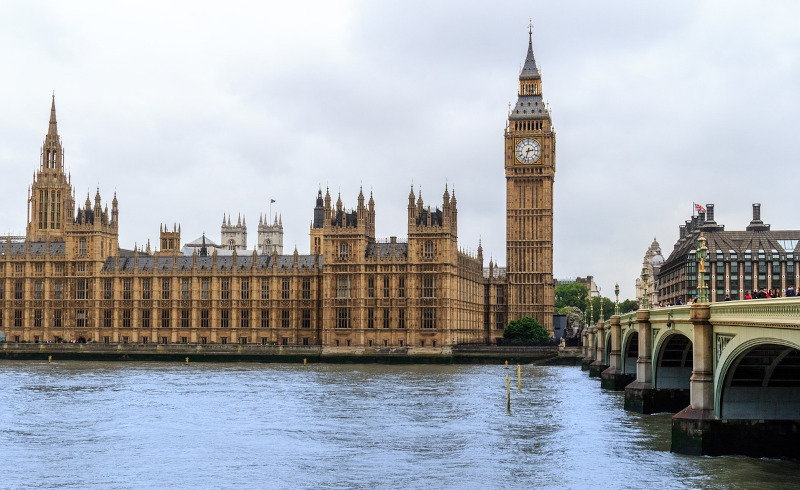On Wednesday 30th October 2024, Chancellor of the Exchequer Rachel Reeves unveiled her long-awaited Autumn Budget.
Here is a roundup of the main budget changes affecting personal finances:
State Pension
- The Chancellor confirmed that the annual triple lock increases for State Pensions will be maintained for the remainder of this parliament. This will see a 4.1% increase in April 2025, based on the increase in average earnings over the year.
- The full rate for the New State Pension will increase to £230.25 pw, and the full Basic State Pension is expected to increase to £176.45 pw for single individuals and £282.15 pw for married couples/civil partners.
Income Tax Thresholds
- The current freeze on income tax and individual National Insurance thresholds will continue until April 2028.
- There will be no change to the income tax rates as yet.
National Insurance Contributions (NICs)
- From 6th April 2025, the rate of employer NICs will increase from 13.8% to 15%. The Secondary Earnings Threshold (at which employers start paying NICs on an employee’s earnings) will reduce from £9,100 to £5,000 pa. This threshold will be frozen until 6th April 2028 and increase in line with the Consumer Price Index (CPI) thereafter.
Capital Gains Tax (CGT)
- The capital gains tax rates applicable to investment gains will increase from 10% to 18% for basic rate taxpayers, and from 20% to 24% for higher/additional rate taxpayers. This will take effect for disposals made on or after 30th October 2024.
- The annual exemption will remain at £3,000 pa for individuals.
- The reduced CGT rate applicable under Business Asset Disposal Relief is set to increase from 10% to 14% in April 2025, and then to 18% in April 2026.
Inheritance Tax (IHT)
- The nil rate band and maximum residence nil rate band will be frozen at their current levels (£325,000 and £175,000) until 5th April 2030. The previous government had frozen the bands until 2028.
- Agricultural and Business Relief – From 6th April 2026, the current 100% rate of relief from IHT will only apply to the first £1 million of combined, eligible agricultural and business property. The rate of relief will be 50% thereafter. The £1 million allowance will not be ‘used up’ by assets that only qualify for 50% relief.
- For Business Relief, the rate will reduce from 100% to 50% for shares that are not listed on a recognised stock exchange, such as those on the Alternative Investment Market (AIM) exchange.
Pensions and Taxation
- From 6th April 2027, invested pensions are set to be included in an individual’s estate for IHT purposes, rather than being held outside of the estate as is the current position. The government expects to launch a technical consultation on draft legislation in 2025 to implement the changes.
- Any IHT due in this respect is expected to be paid by the pension scheme by making a deduction from the pension funds/death benefits before being paid to any beneficiaries.
Stamp Duty Land Tax (SDLT)
- From 31st October 2024, the higher rates of Stamp Duty Land Tax for purchasing additional properties will increase from 3% to 5% above the standard residential rates of SDLT. This will apply both to individuals and companies.
ISAs
- In respect of ISAs, the annual subscription limits will remain at £20,000 for cash/stocks & shares ISAs, £4,000 for Lifetime ISAs, and £9,000 for Junior ISAs (and Child Trust Funds) until 5th April 2030.
Non-Domicile Changes
- The non-domicile tax regime is set to be abolished from 6th April 2025. Domicile will no longer be a feature of the UK tax system and will be replaced by a system based on residency.
Other Announcements
- A rise in the national living wage for workers aged 21 and over has been announced, increasing from £11.44 to £12.21 an hour, with effect from April 2025. For those aged 18 to 20, the rate will rise from £8.60 to £10 an hour and for apprentices, the rate will increase from £6.40 to £7.55 an hour.
- The removal of the VAT exemption for private school fees has been confirmed, which will see VAT added to these from January 2025. The government will also seek to remove private schools’ business rates relief from April 2025.
- The current £2 cap on bus fares will increase to £3, and the cap will also be extended until 31st December 2025.
- A number of duty increases have been announced:
- Tax on tobacco is set to rise by the Retail Price Index (RPI) plus 2%
- A new flat-rate duty on vaping liquid will be introduced from 2026
- Fuel duty will remain frozen at the current level.
If you would like to discuss any of the above elements further, please don’t hesitate to contact a member of the team.
